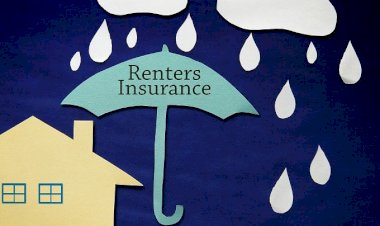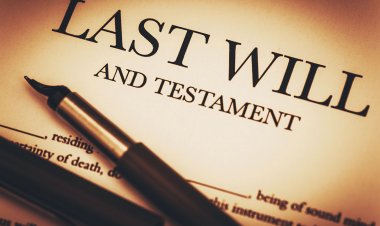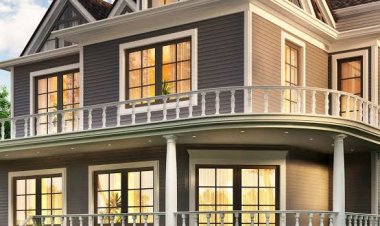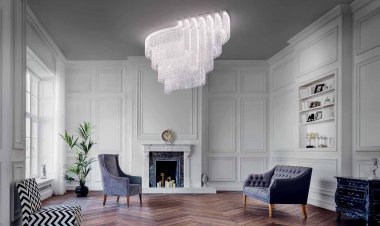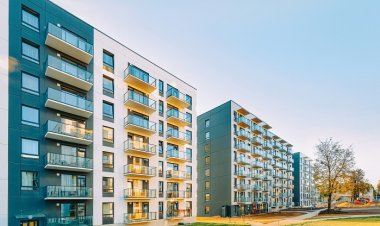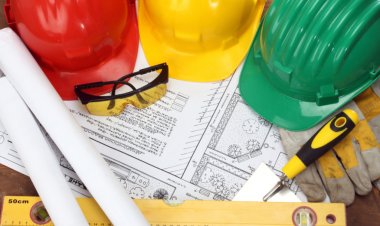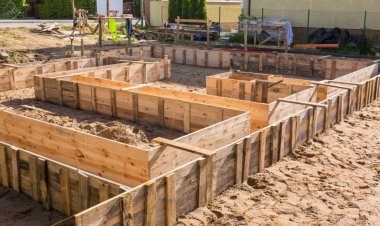10 Questions to Ask as a First Time Home Buyer
Home buying or home purchase can be a tedious "task." However, knowing what to ask when going through each of the phases is one step closer to having an easier time while at it.
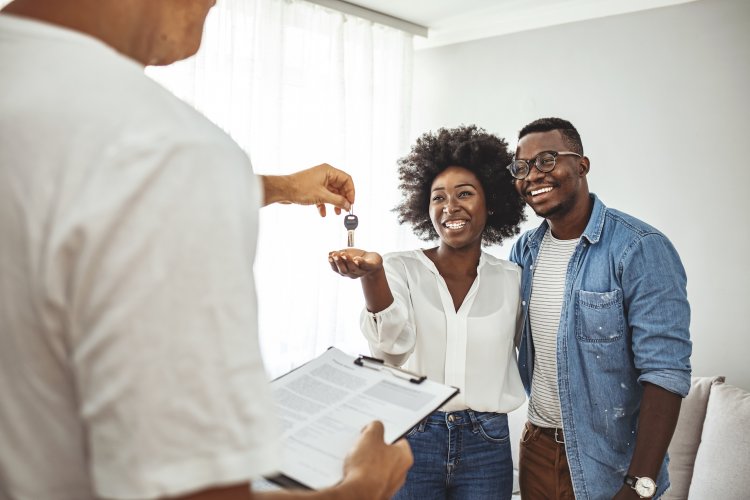
Home buying or home purchase involves a lot of details. These questions with the right answers make home-buying an “easier task”.
In-home purchases and due diligence should be followed strictly. The following are the questions a first-time home buyer should ask:
1. How much mortgage can I afford?
Not every mortgage plan suits everyone seeking to buy a house. In understanding the mortgage that one can afford, one manages the expectation of the home project that they will call their residence in the future.
More so, the mortgage plan will “finance” the cost of the building materials of the home “project”. The whole mortgage process should be understood effectively and implemented consultatively. This activity will involve a lawyer, a home buyer, and a real estate agent.
2. What do I need to do to qualify for a loan?
The loan lenders will need to understand the type of home you’d want to build or buy. Additionally, your employment history will be assessed. It is important to note that in matters of loans, the debt-to-income ratio will be evaluated by the financial institution offering the loan.
To qualify for a specified amount of loan, the repayment plan should be credible, realistic, and feasible. The bank will also want guarantees that all outstanding loans have been cleared. The loan management system should never at any time put you in “bad books of debt”. In doing so, the home buyer will qualify to access loans even in the future.
3. Should I get a fixed rate or an adjustable rate mortgage?
In getting a fixed-rate mortgage, the interest rate may be higher than an adjustable-rate mortgage. Furthermore, the repayment plan of this fixed rate will be shorter and more stringent on bank deadlines and timelines.
Alternatively, the adjustable rate mortgage is flexible in interest terms and repayment options available. The home buyer’s decision in determining whether to apply for a fixed rate mortgage or an adjustable rate mortgage should be in line with their financial position and financial need.
4. Why have private mortgage insurance?
In case the home buyer defaults on the loan, private mortgage insurance will come in handy. The financial risks will be averted in advance. In addition, if the risks have not been averted the refinancing plan of the home will be executed as a priority if the home buyer still dreams of purchasing the home in the near future.
It will be a “sad reality” for the first-time home buyer to forfeit buying the home if the home in question was “steps away” from being owned by the prospective home buyer/owner. The terms of relations with the private mortgage insurance should be friendly, open, and professional.
5. What is the year limit of my mortgage?
As mentioned above, the mortgage plan should be credible, realistic, and feasible. The year limits of the mortgage can be ten years, fifteen years, or thirty years.
In assessing the best “year limit” of the home buyer’s mortgage, consider the following: the interest rates of the banks offering loans, the repayment period of the loan, the financial plan that best suits your salary and spending habits, the house Sacco’s/cooperative just to mention but a few.
6. How much should I pay as a down payment?
The elephant in the room is the specified percentage of the down payment. It is between 10 to 20% of the total cost of home purchase or acquisition. In payment of a substantial amount as your down payment, you’ll pay off your house quickly.
On the other hand, if you pay a meager amount as the down payment the interest rate will be higher and the repayment period of the mortgage will be longer.
7. What are the advantages of Mortgage points?
The mortgage points in the long run will enable the home buyer to save money. In the same vein, the interest rate of the mortgage will be lower. In instances where the property appreciates in value, the home will still be purchased “comfortably” with a realistic repayment plan of the mortgage in play.
8. What’s my total budget?
It will be a grave mistake to begin the home building or home purchasing process without a total understanding of the exclusive budget. Not every “home budget” is within your means.
The budget aspects that cover areas of the home such as interior design, furniture, the exterior of the home, lighting, plumbing, ceiling, floor, and parking should be well detailed and documented. The total budget should also cover miscellaneous expenses.
9. What are the areas of renovation?
Basically, the areas of renovation if noted in advance could work to the advantage of the home buyer in lowering the total cost of the home. It is imperative that renovation of the home is done professionally so that when the homeowner wants to sell the house, its “resell value” would have increased.
10. How is the neighborhood?
In understanding your potential neighbors, matters of security and community policing will be well structured and coordinated. In full realization of the fact that we all need to stay in peace and harmony with our neighbors, we should respect each other’s boundaries and private lives.
Finally, it is my submission that home buying, ownership, or renting should never be a worry, concern, or a matter of life and death. Own your dream home today.
If you have a real estate press release or any other information that you would like featured on African Real Estate Blog Post do reach out to us via email at [email protected]








